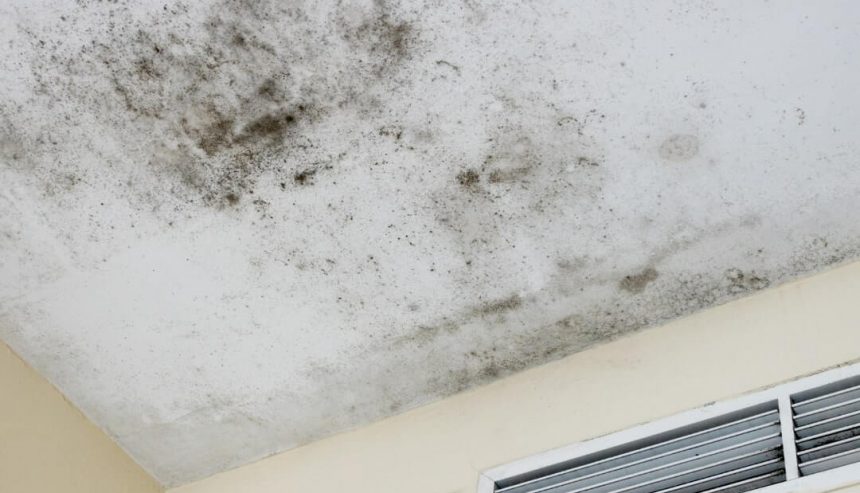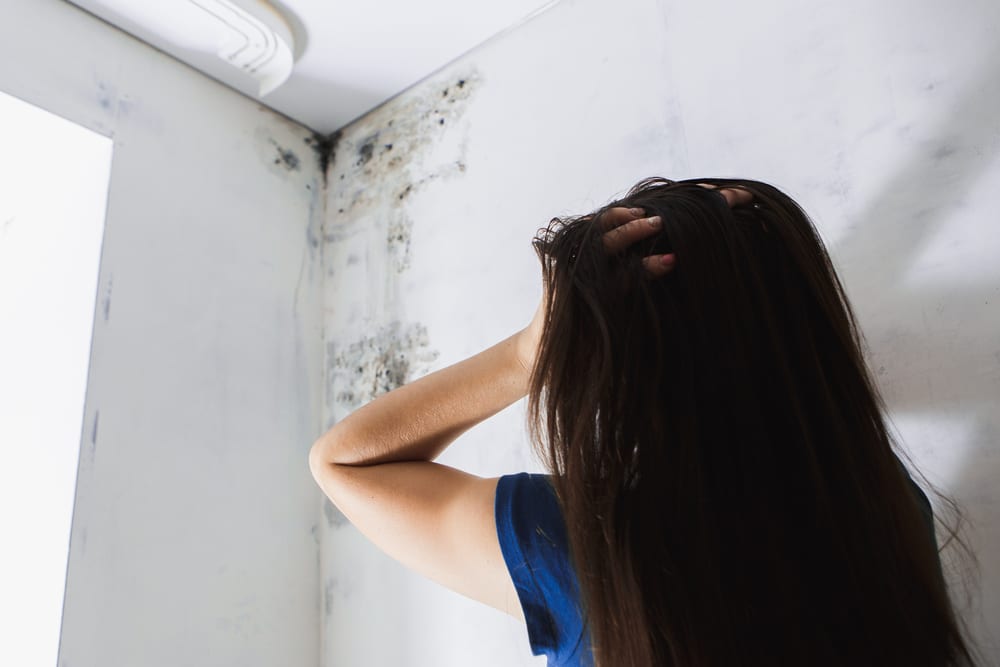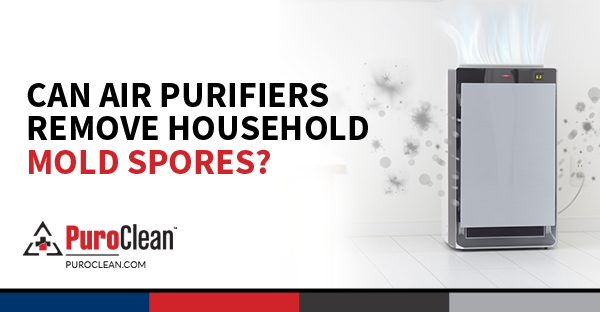Mold is a common issue in rental properties because it can pose serious health risks and damage.
But who is responsible for mold remediation? The tenant or the landlord?
In this article, we aim to clarify the obligations of both parties. We’ll delve into the legal and financial aspects of mold remediation.
We’ll discuss the role of mold remediation insurance and how it impacts who pays for the cleanup. We’ll also explore the typical costs involved in mold remediation.
Whether you’re a tenant, landlord, or property manager, this guide will help you navigate the complexities of mold remediation. Stay tuned to learn more.
Understanding Mold Remediation
Mold remediation involves identifying, removing, cleaning, sanitizing, and preventing future mold growth. It’s more than just cleaning up visible mold.
It’s about addressing the root cause, usually moisture issues, to prevent recurrence. This process is crucial to maintaining a healthy living environment and preserving the property’s value.
Tenant Responsibilities in Mold Remediation
As a tenant, you play a vital role in mold remediation. Your first responsibility is to report any signs of mold to your landlord promptly.
This includes visible mold, a musty smell, or water leaks. Early detection can prevent extensive damage and high remediation costs.
You’re also responsible for maintaining cleanliness in your rental unit. Regular cleaning can prevent mold growth, especially in areas prone to moisture like the bathroom and kitchen.
Here are some key tenant responsibilities:
- Report mold issues promptly
- Maintain cleanliness to prevent mold growth
- Use ventilation and dehumidifiers to control moisture
- Avoid blocking HVAC vents to ensure proper airflow
- Follow the landlord’s instructions for mold prevention
Remember, neglecting these responsibilities can lead to disputes with your landlord. It can also affect your health and living conditions.
Landlord Obligations for Mold Issues

Landlords have a legal duty to provide a habitable living environment. This includes addressing mold issues promptly and effectively.
If a tenant reports mold, landlords must assess the situation and arrange for remediation if necessary. They should also address any underlying issues, such as leaks or poor ventilation, that may have caused the mold.
Landlords are typically responsible for the costs of professional mold remediation. However, if the tenant’s negligence caused the mold, the landlord might seek reimbursement.
Here are some key landlord obligations:
- Respond promptly to tenant reports of mold
- Arrange for professional mold assessment and remediation
- Address underlying issues causing mold growth
- Cover the costs of mold remediation, unless tenant negligence is proven
- Provide clear instructions to tenants on preventing mold growth
Fulfilling these obligations can prevent legal disputes, protect property value, and ensure a healthy living environment for tenants.
Legal Implications and State Regulations
Neglecting mold issues can lead to legal implications for both tenants and landlords. Tenants can sue landlords for health issues caused by mold exposure. Landlords can also face penalties for violating state regulations on habitable housing.
State laws vary on mold remediation in rental properties. Some states have specific mold standards, while others incorporate mold issues into general housing codes. Landlords and tenants must understand their state’s regulations.
Failure to comply with these laws can result in fines, lawsuits, and even loss of property. Therefore, it’s in everyone’s best interest to address mold issues promptly and effectively.
Mold Remediation Costs and Insurance Coverage
Mold remediation costs can vary widely. Factors influencing the cost include the size of the mold infestation, the type of mold, and the extent of property damage. In some cases, these costs can be substantial.
Typically, the responsibility for mold remediation costs is divided between the tenant and landlord. This division is often based on the lease agreement and the cause of the mold. For instance, if a tenant’s actions led to mold growth, they might bear the cost.
Mold remediation insurance can sometimes cover these costs. However, coverage depends on the specifics of the insurance policy. Some policies cover mold damage if it’s a result of a covered peril, like a burst pipe.
- Landlords: Check your property insurance policy for mold coverage.
- Tenants: Check your renter’s insurance policy for mold coverage.
Remember, insurance claims for mold remediation should be filed promptly. Documentation of the mold issue and remediation efforts is crucial for successful claims.
Steps for Addressing Mold in Rental Properties

When mold is discovered in a rental property, swift action is crucial. The first step is for the tenant to notify the landlord promptly. This notification should be in writing and include any relevant details.
Next, a professional mold assessment should be conducted. This assessment will identify the type of mold and the extent of the infestation. It’s important to choose a certified mold remediation professional for this task.
- Tenant: Notify the landlord about the mold issue.
- Landlord: Arrange for a professional mold assessment.
Finally, the remediation process should begin as soon as possible. This process includes addressing the underlying cause of the mold, removing the mold, and cleaning the affected area.
Preventative Measures Against Mold Growth
Preventing mold growth is a shared responsibility between tenants and landlords. Both parties can take steps to minimize the risk of mold infestation.
For tenants, this includes maintaining cleanliness and proper ventilation. Regular cleaning, especially in damp areas like bathrooms and kitchens, can help prevent mold.
- Tenant: Maintain cleanliness and proper ventilation.
- Landlord: Ensure the property has adequate ventilation and moisture control systems.
Landlords, on the other hand, should ensure the property has adequate ventilation and moisture control systems. Regular property inspections can also help identify potential mold issues early.
Resolving Disputes Over Mold Remediation
Disputes over mold remediation can arise between tenants and landlords. Clear communication and understanding of responsibilities can help prevent such conflicts.
If a dispute does occur, it’s important to try and resolve it amicably. Both parties should review the lease agreement, state laws, and any evidence of the mold issue.
In some cases, a third-party mediator or legal counsel may be necessary. Remember, neglecting mold issues can lead to legal implications and property devaluation.
Takeaways and Additional Resources
Understanding mold remediation responsibilities is crucial for both tenants and landlords. It ensures a healthy living environment and prevents legal disputes.
For more information, consider consulting local health department guidelines and professional mold remediation resources. These can provide further insights into mold prevention, remediation, and legal obligations.
Remember, cooperation and clear communication between tenants and landlords are key to effectively managing mold issues. Stay informed and proactive to ensure a mold-free living space.
For expert mold removal services in Bartlett, contact PuroClean of Bartlett today!



